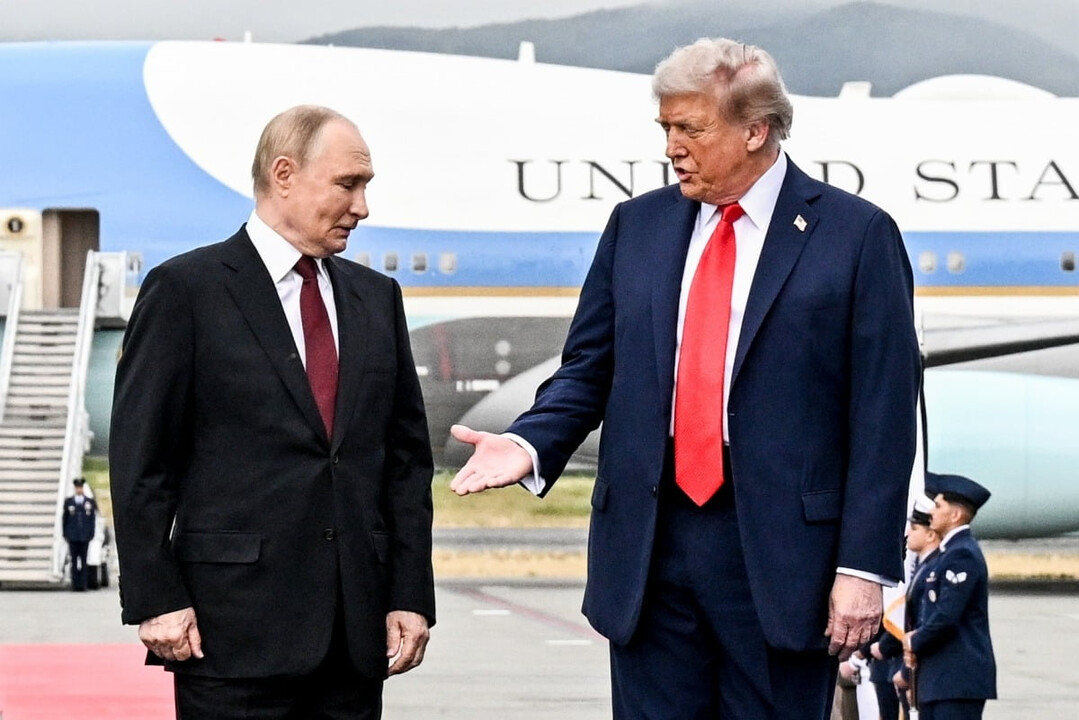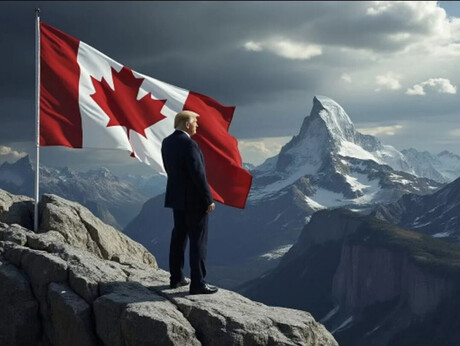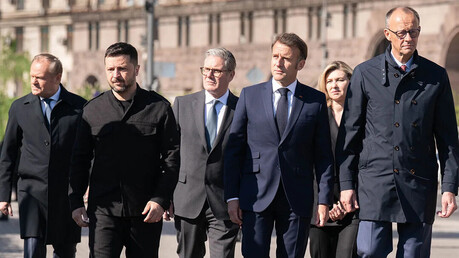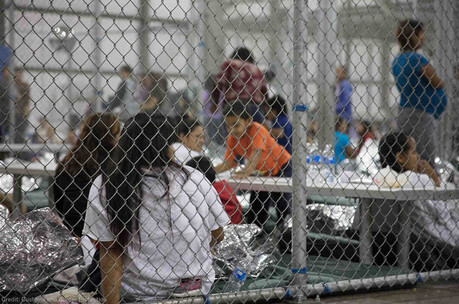
VLADIVOSTOK — In a major address that signaled a strategic pivot in Russia's Arctic policy, President Vladimir Putin on Friday extended an olive branch to the United States, calling for a "political decision" to unlock a new era of joint economic development in the resource-rich polar region. Speaking at the Eastern Economic Forum in Vladivostok, Putin asserted that while American companies were already "ready to cooperate" at an operational level, a higher-level political commitment from Washington was needed to fully realize the potential of an Arctic partnership.
"This is not a matter for us," the Russian leader told a gathering of global business and political leaders, emphasizing Russia's own readiness to engage. "If a political decision is made there, we will also move in that direction, and we can work together in the Arctic." The remarks underscore a calculated diplomatic maneuver by the Kremlin, aiming to draw the world's most powerful economy into a cooperative framework for a region that is rapidly becoming a geopolitical and economic flashpoint.
The Arctic's strategic value has soared in recent years, primarily due to the accelerating effects of climate change. As polar ice melts at an unprecedented rate, a once-impenetrable domain is opening up, revealing vast, untapped reserves of natural resources and new, shorter maritime trade routes. Russia, which already controls a significant portion of the Arctic Circle, has positioned itself to capitalize on this transformation. The Kremlin estimates that the region holds approximately 80% of its natural gas and 17% of its oil, in addition to significant deposits of rare-earth elements, nickel, and cobalt—minerals critical to the global clean energy transition and the burgeoning electric vehicle and battery industries.
This growing economic and strategic importance has not gone unnoticed by other global powers. U.S. President Donald Trump's March announcement of a renewed interest in acquiring Greenland, an autonomous territory of Denmark located within the Arctic Circle, served as a stark reminder of the region's heightened value. Experts have also speculated that the recent summit between Putin and Trump in Alaska was a deliberate choice of location, intended to set the stage for discussions on bilateral cooperation in the Arctic.
Beyond the call for U.S. cooperation, Putin's address laid out a bold new vision for Russia's own Arctic infrastructure. He officially unveiled the development of a "Transarctic Transport Corridor," a project he framed as a significant upgrade from the previously discussed "Northern Sea Route." This new corridor is envisioned as a comprehensive, multi-modal logistics network that would integrate the Arctic Sea Route with the inland waterways and railway systems of Siberia and the Russian Far East. "We have come to the conclusion that we must approach this from a larger perspective," Putin explained, highlighting the project's aim to transform the Arctic into a core engine of Russia's national development and a new strategic asset for global trade.
The ambitious plan seeks to create a seamless flow of goods from the heart of Russia's vast interior to international markets, with the corridor operating around the clock. Critically, Putin also revealed plans to extend this network to North Korea, citing a new bridge over the Tumen River set to open next year as a key component of a broader logistics link between the two nations. This move signals a deeper strategic partnership with Pyongyang, leveraging geographical proximity to enhance regional trade and geopolitical influence.
In a further sign of Russia's intent to aggressively develop its northern frontier, Putin issued a direct order to his government to formulate a detailed plan for the development of rare-earth resources by November. The directive underscores the Kremlin's focus on securing its position in the critical minerals supply chain of the 21st century.
Finally, the Russian President concluded his remarks with a broad invitation to the international community. He stated that Russia would expand its cooperation with Asia-Pacific and "Global South" nations, emphasizing that this policy would remain consistent "regardless of the current political situation." To attract foreign investment and encourage participation in the Far East and Arctic projects, he announced that Russia would introduce a special, business-friendly policy package, including tax reductions, beginning in 2027. Putin's comprehensive address was a clear declaration of intent, signaling Russia's commitment to consolidating its economic and strategic dominance in the Arctic and charting a new course for its global trade and diplomatic relations.
[Copyright (c) Global Economic Times. All Rights Reserved.]






























